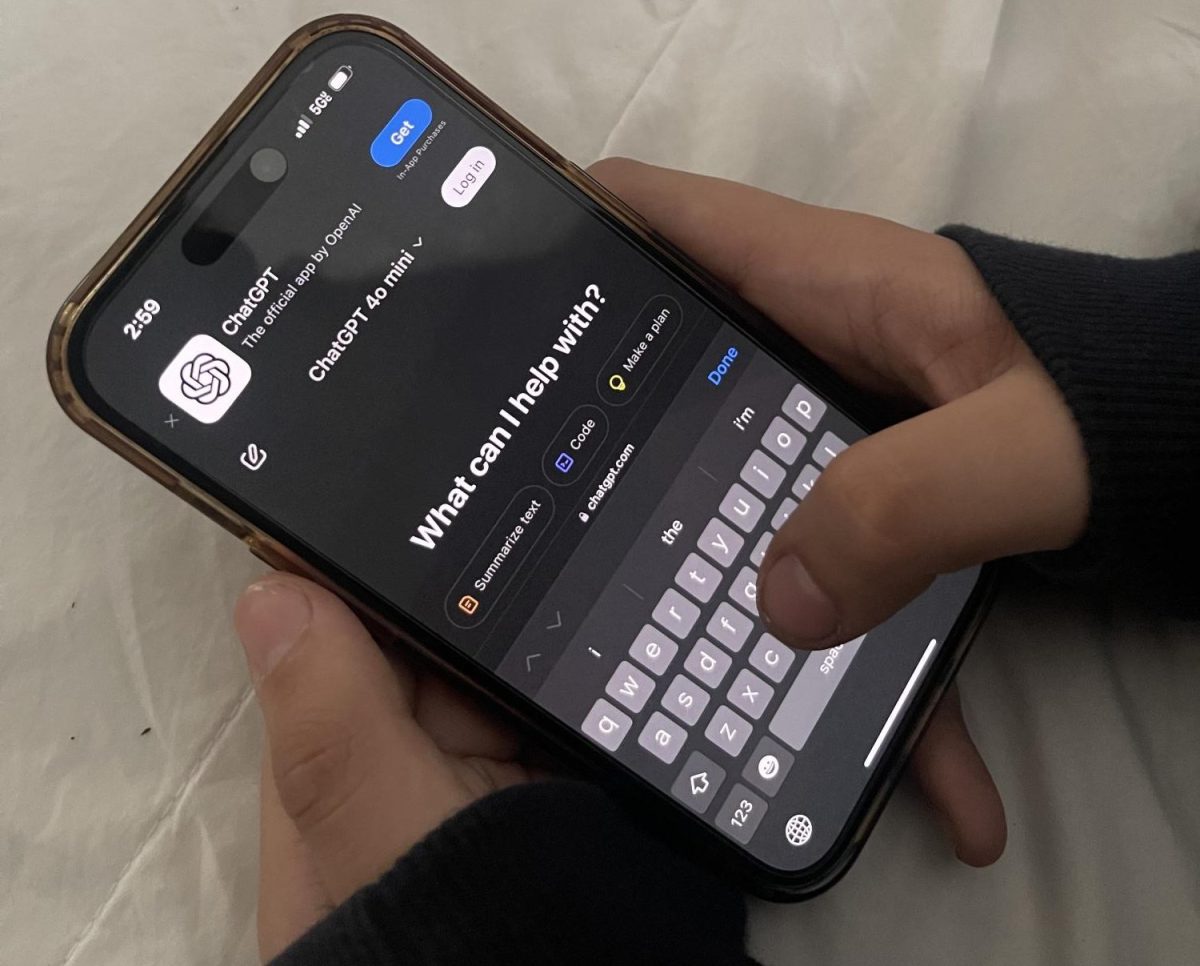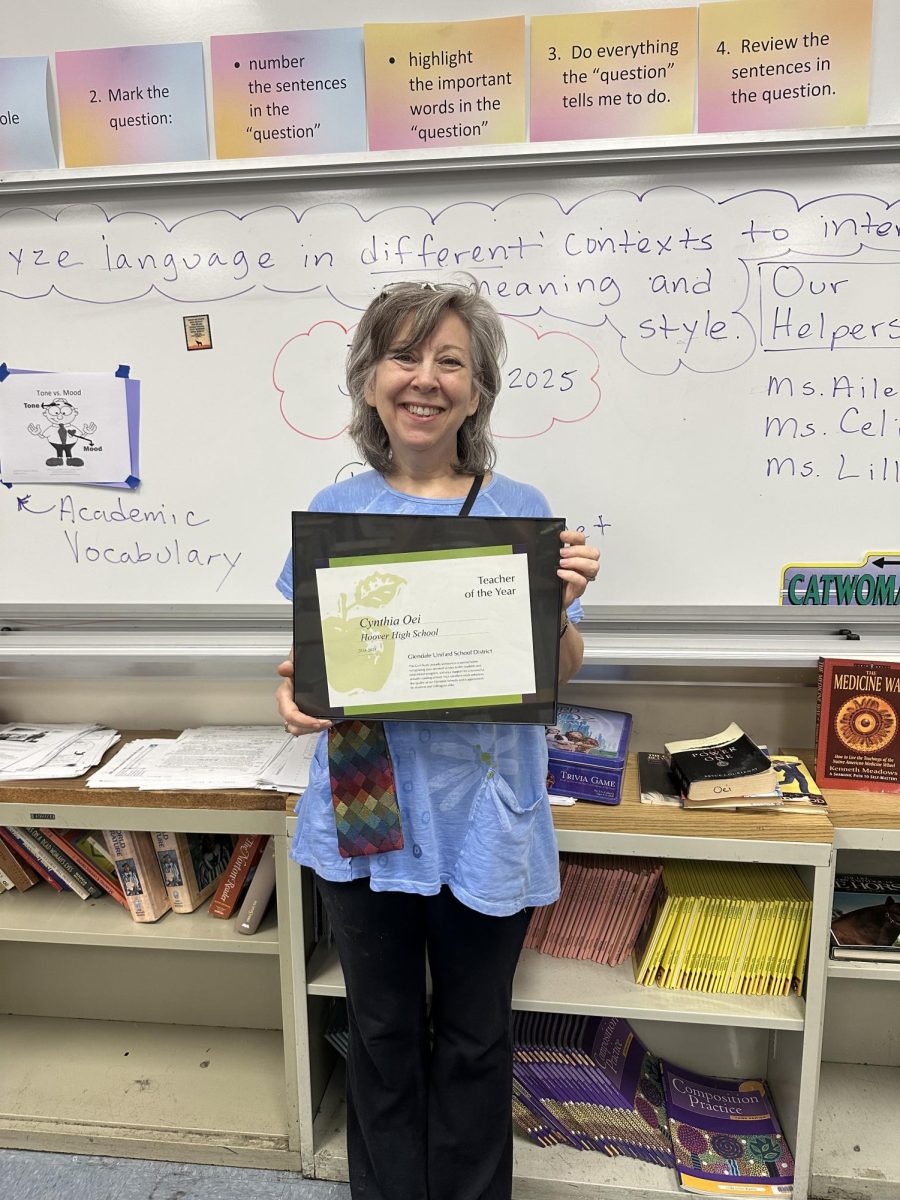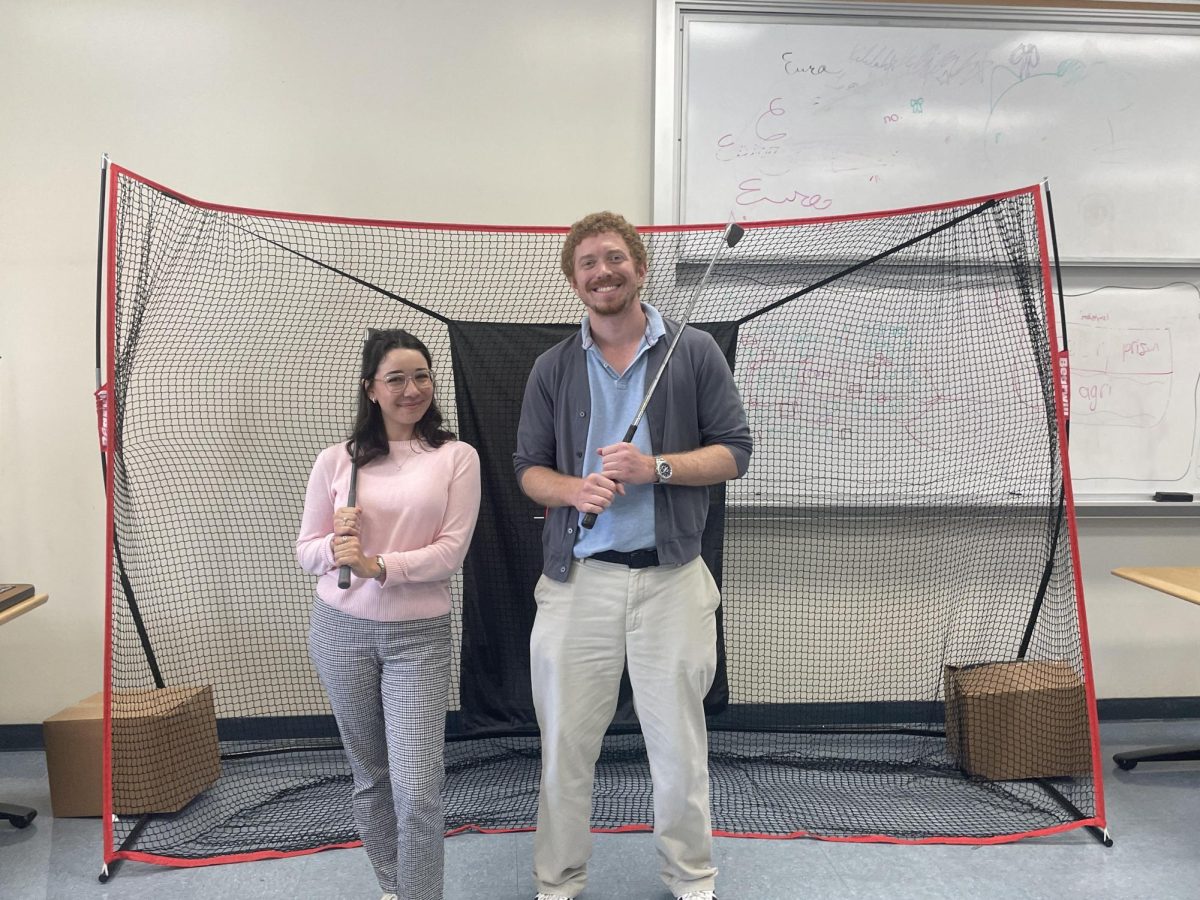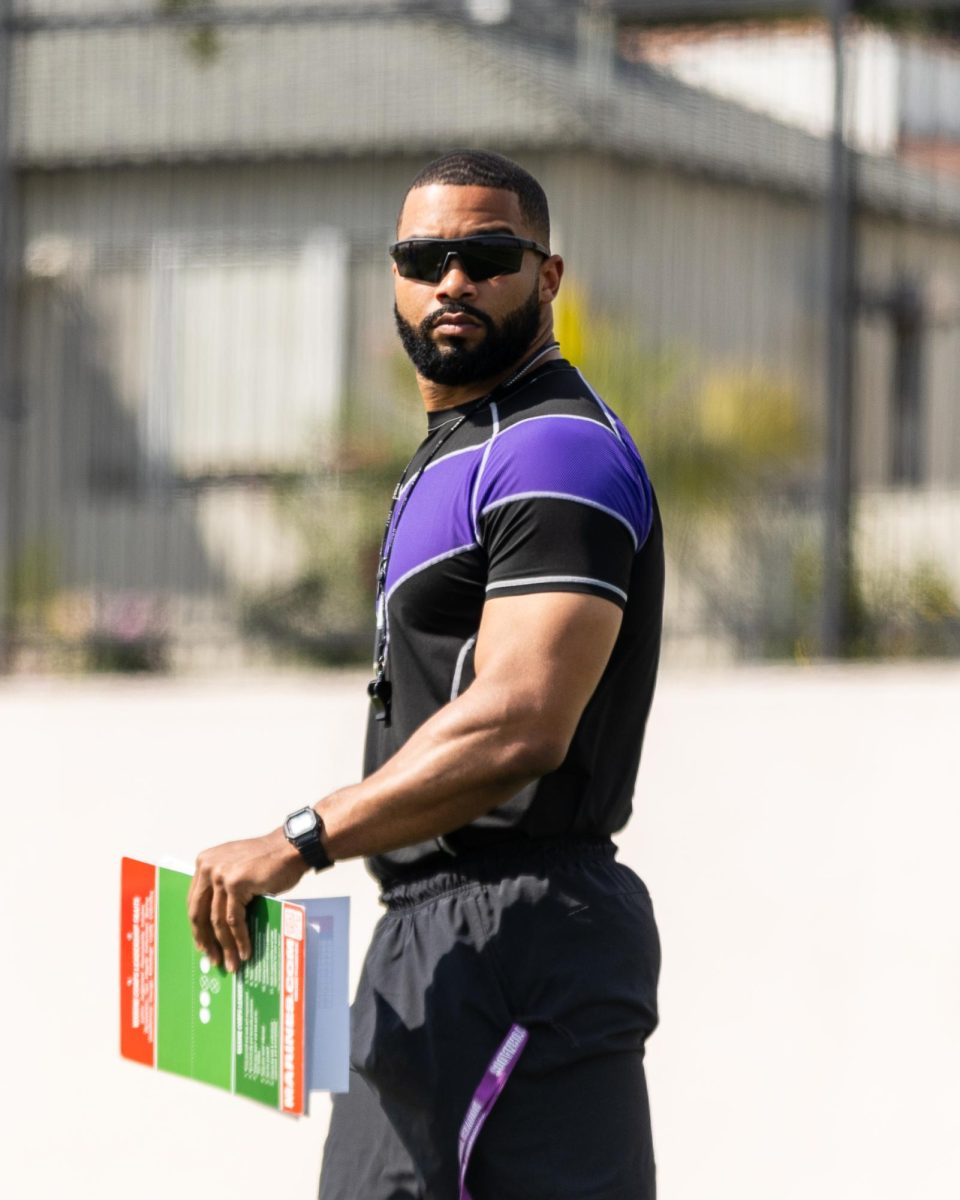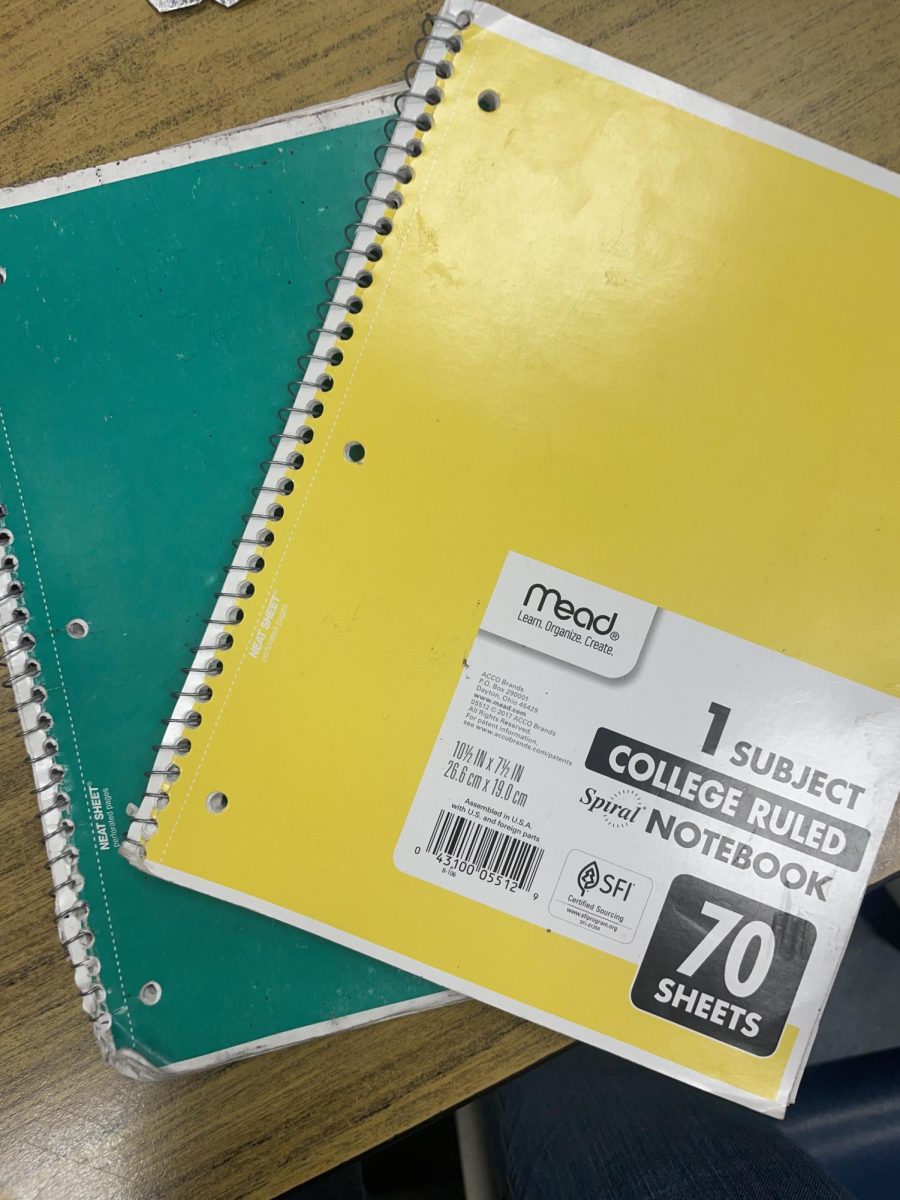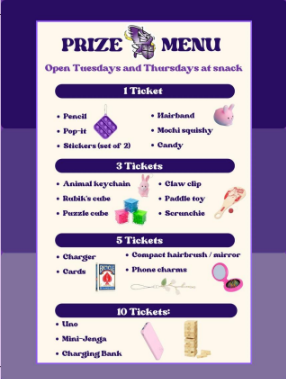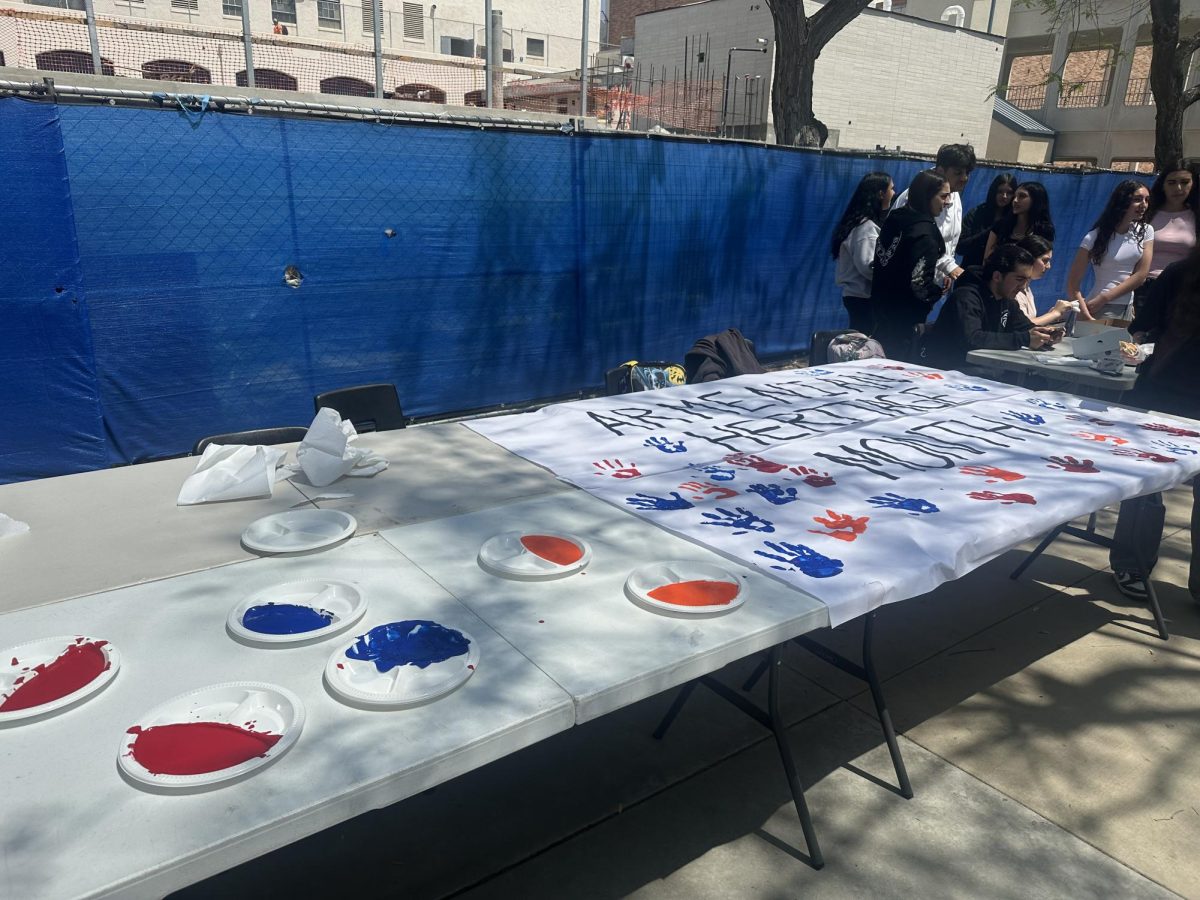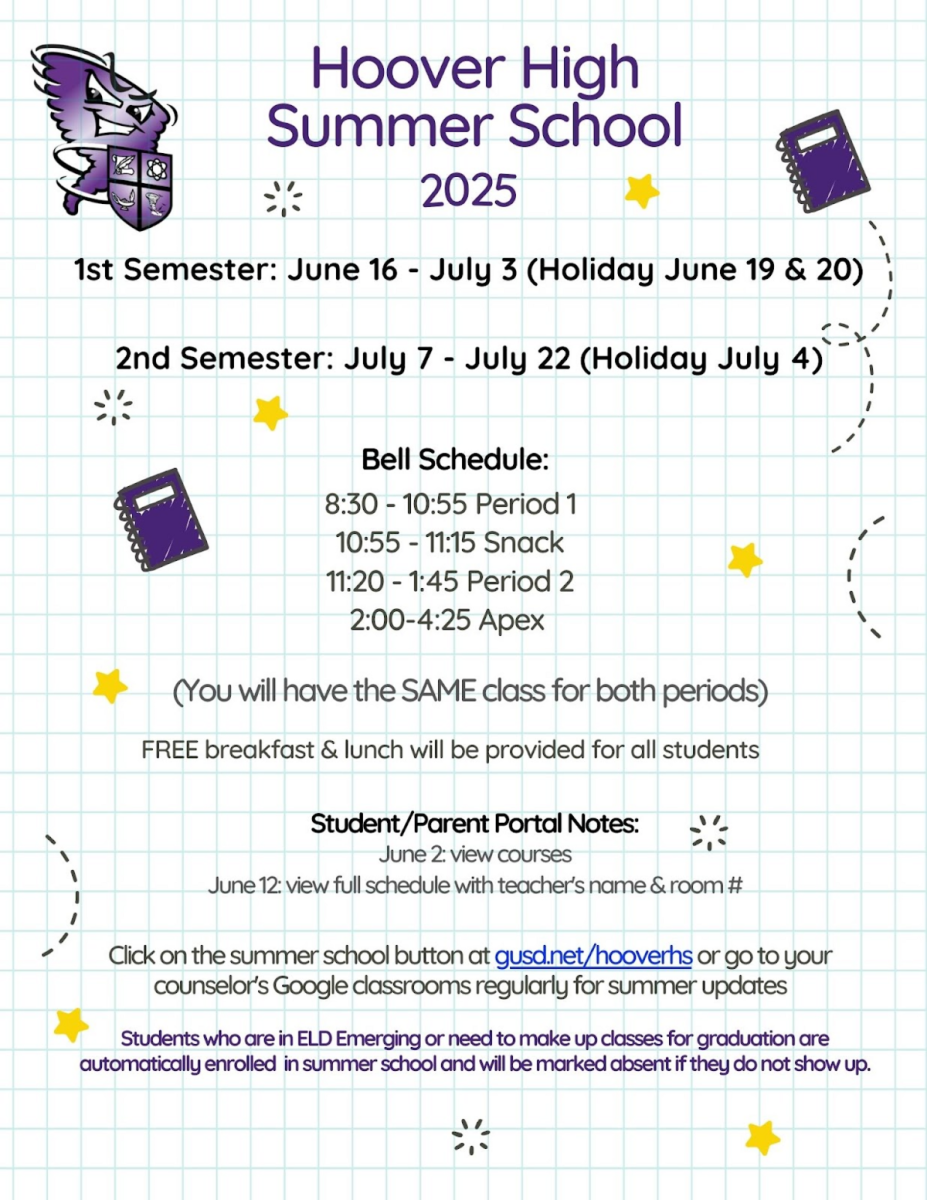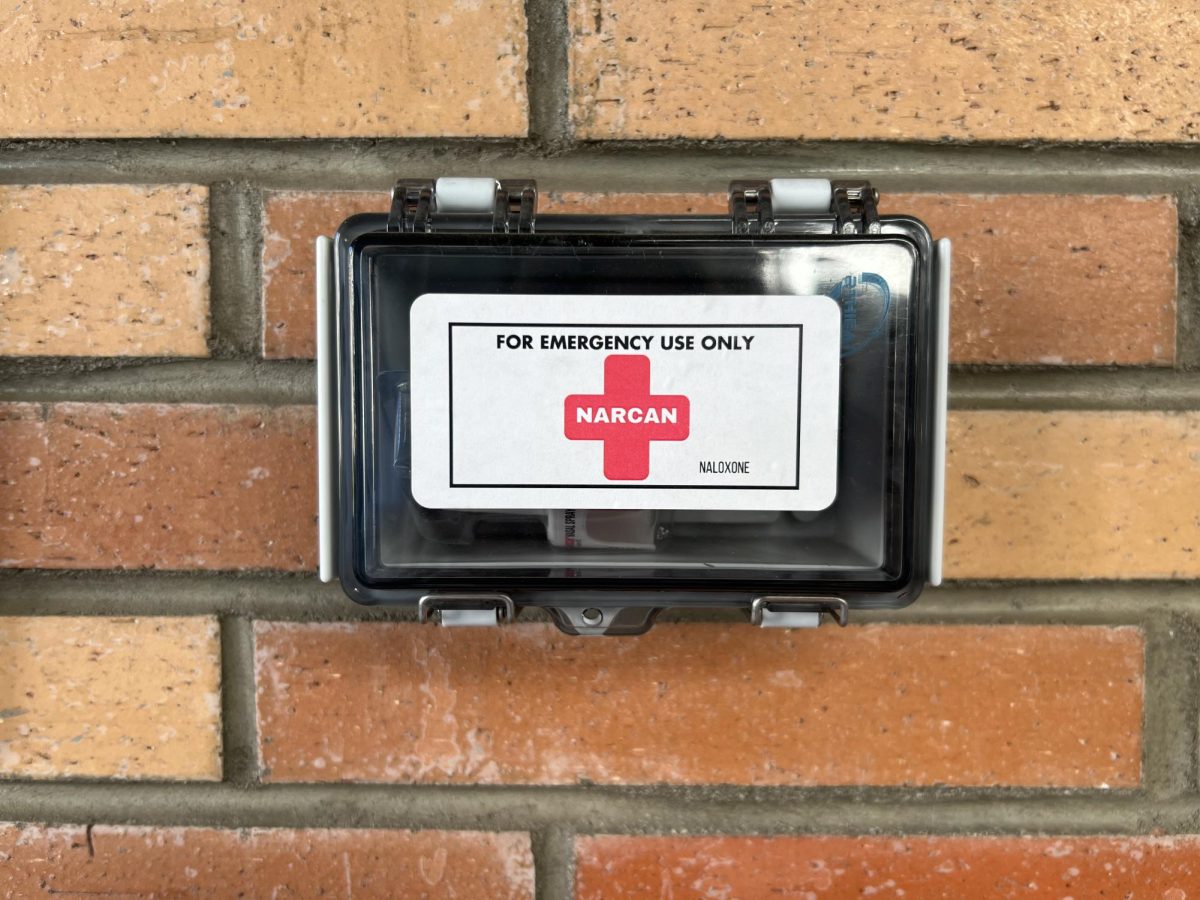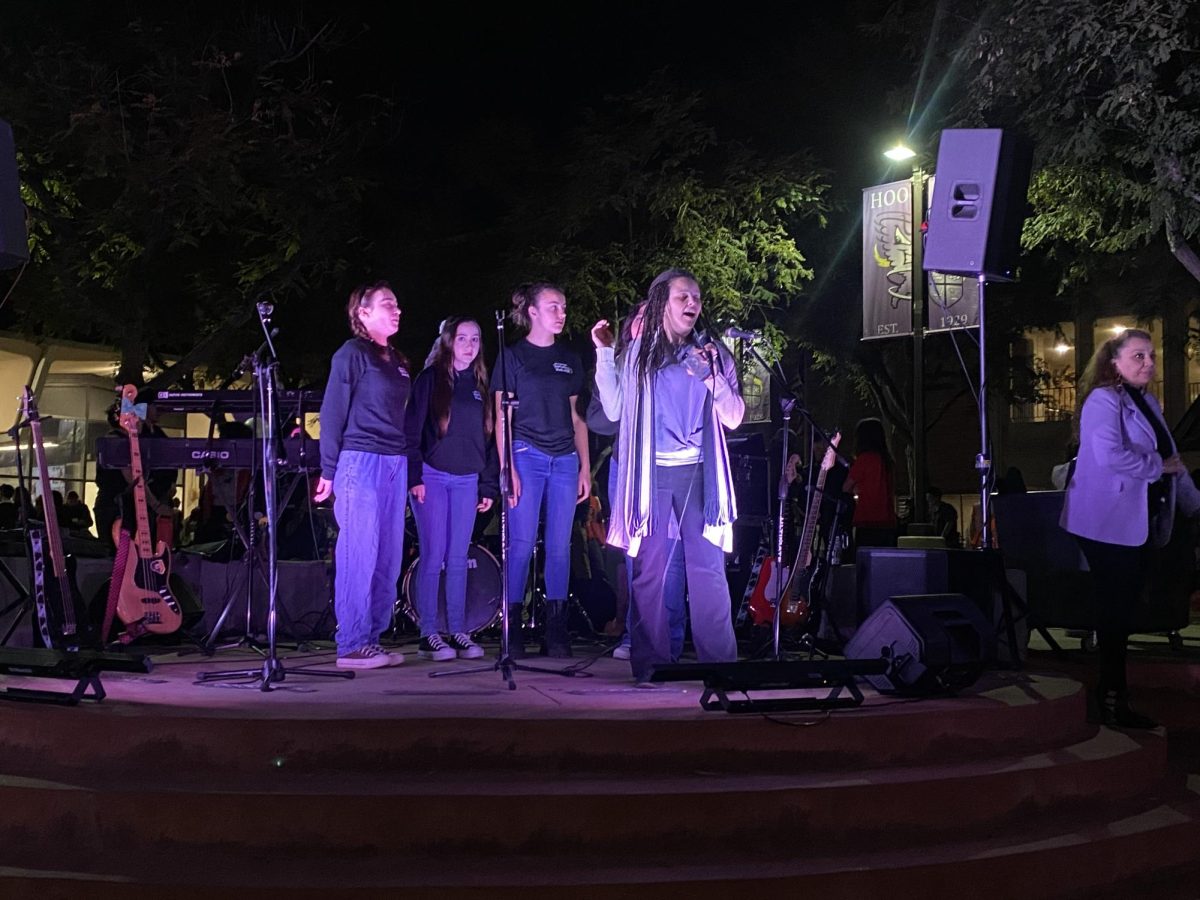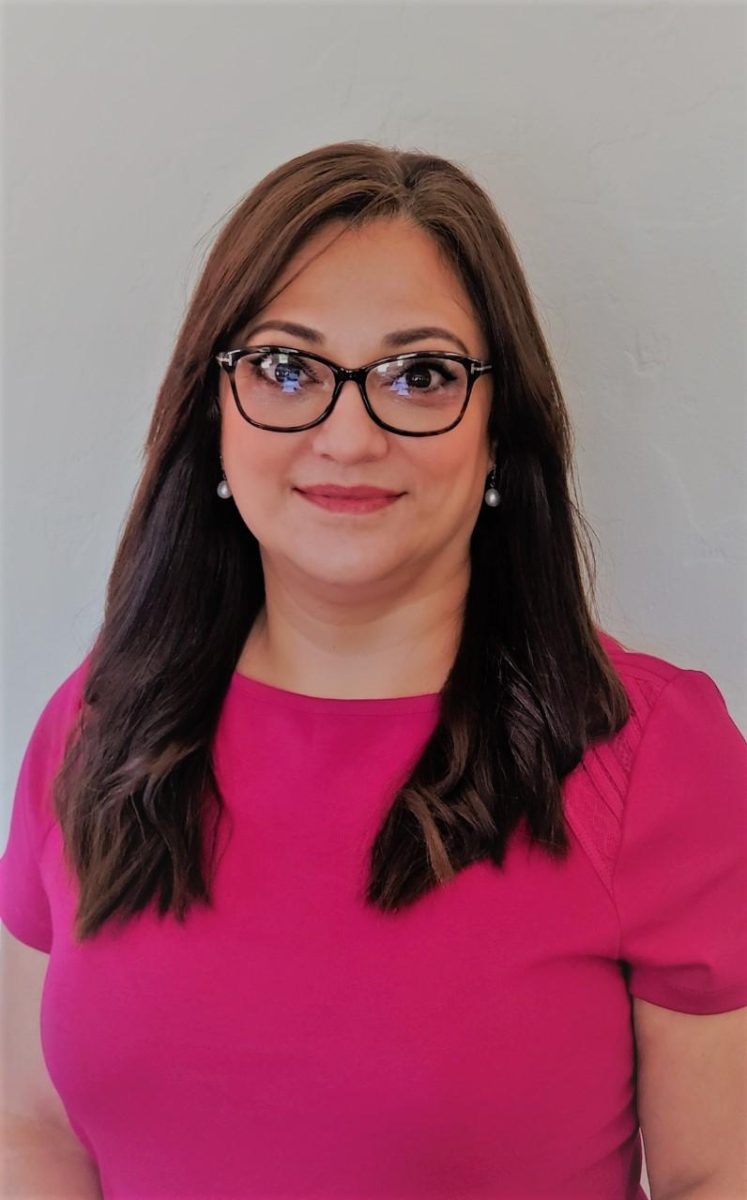The Tornado Times interviewed mostly 9th graders to get their thoughts. Sofia Iskanian (`28), said, “I think AI can sometimes give the wrong answers and make our classes even harder.” While AI can help, it’s not always perfect and can sometimes cause confusion.
Viktorya Orbelyan (`28), mentioned, “AI can give you feedback right away. It can help you learn at your own pace and be available anytime. But it can also make you rely on it too much and have privacy issues. Overall, it has cons and pros, it’s just you have to use it wisely.”
Lina Khachatryan (`28), said, “Although I don’t trust most AI usage and its privacy concerns. It can be useful in many ways.” Even though there are privacy worries, AI can still be helpful if used right.
Nareh Nazarian (`28), added, “It can be useful at times but only if it isn’t taken advantage of.” AI should be used carefully to avoid over-reliance.
Artificial Intelligence (AI) is being used more in Hoover, and it’s important to know how it affects students. AI can give quick feedback, help students learn at their own pace, and be available anytime. But there are some downsides too.
Arpine Asatryan, Armenian language teacher, noticed a trend: “Students have a dependency on AI, and they try to use it as much as possible instead of thinking for themselves. I think it negatively affects learning.” Students might rely too much on AI and not develop their own thinking skills.
AI in education aims to help learning by giving personalized support and quick feedback. But it’s important to think about the possible problems.
When AI is used in schools, it often collects a lot of data about students, like their learning habits and progress. This data can be sensitive, and if not handled properly, it could be accessed by unauthorized people. There are worries about how this data is stored, who can see it, and how it might be used.
AI tools can sometimes make it easier for students to cheat. For example, students might use AI to generate essays or homework answers and submit them as their own work. This means they aren’t really learning the material themselves, and it raises issues about honesty in education.

